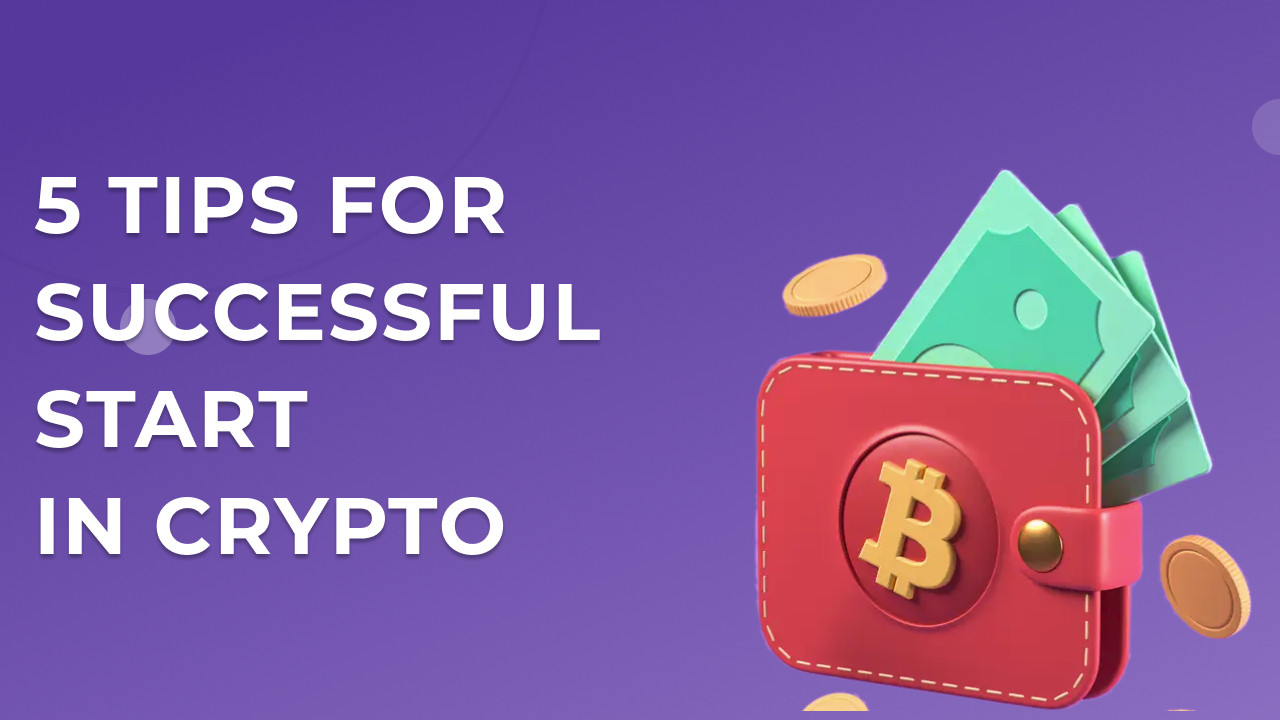5 things everyone should know before investing in cryptocurrency

Cryptocurrency has been accepted by the mainstream in recent years. Not a day goes by without a meta-universe purchase or a cryptic tweet about dogecoin (Ilon Musk, we're talking about you). Aside from the hype, the cryptocurrency market is no fad. Its 300 million users around the world see its long-term potential, and a growing number of global giants now use it as a payment method. Yet the crypto-world is still in its infancy (just like cannabis and genomics), which attracts promoters, scammers and dreamers. Consequently, despite this growth and abundance, the decision to buy cryptocurrency should not be taken lightly. Because of its speculative nature, blockchain-based investments are inherently volatile and unpredictable.
Before jumping on the cryptocurrency bandwagon, it's crucial to do your research, as with any other investment, to eliminate scammers and protect yourself from inherent risks and possible surprises. Here are five things you should ask yourself before investing in cryptocurrency.
1. Have I done my due diligence on principles and technical documents?
This may seem obvious, but knowing exactly what you're investing in is paramount. Some even argue that cryptocurrency is not an investment, but a gamble. Others ascribe value to the perceived, and experiential utility of the coin and actually transact in the crypto universe. These are often people who are looking to hedge against fiat currencies or choose to hedge against the antiquated banking system in their country. When considering investing in cryptocurrency, you should read the official coin document, a document that all legitimate coins will have. This document detailing the project's principles, goals, and technology will help you determine if you should invest. Make sure you read the document carefully. Lack of data or project specifics is definitely a red flag.
Simply put, follow this rule: no details, no investment.
2. are they selling coins or security tokens?
Cryptocurrency is more than buying bitcoins. In fact, as of January 2022, there are more than 8,000 cryptocurrencies, and more are being minted as we speak. Different investments can serve very different purposes in the crypto world. Coins, for example, are very different from tokens. Where the former has a purely monetary, transactional value, the latter can be associated with securities and utilities such as stocks, services and preferential treatment.
It is very important to know what you are buying. You need to figure out exactly what you are trying to get out of the investment and how you are going to achieve it.
3. Is the token tied to anything other than promotion?
Getting your hands on big names (like Bitcoin, Shiba Inu, and Tether) can be your first trap. While legitimacy should always be a top priority, the potential for intended investment comes second, unless you have another goal in mind. In other words, you should always choose your coin or token based on its merits, not on clever tricks or marketing - or even on the hegemonic position of the coin, which may be temporary.
4. How do I get out and can I afford to lose everything?
Investing in cryptocurrency and waking up a multimillionaire is a tempting idea. However, it is also incredibly illusory. Unlike regular stock market investments, investing in cryptocurrency is probably a speculative gamble. Unfortunately, for every overnight win, there are many overnight losses. Because this type of investment is often based on sentiment and perceived scarcity, its outcome is unpredictable. Thus, like any other game, you should only bet what you are willing to lose.
When you know how to enter the market, it is equally important to know how to exit. The main exit is to sell in the market and then cash out a stable coin that tracks fiat currency, or convert to fiat currency and withdraw the funds into your bank account. Many speculators buy bitcoins or other cryptocurrencies when they fall and try to sell them when they rise.
5. Am I an active project participant or a passive player?
This concept is a game changer. If you're launching your own product or are somehow "on the inside," you're probably not an independent investor, but rather an entrepreneur launching a cryptocurrency business. Some people think you are still investing your own capital, know-how and money. You have to consider the level of involvement you want in your investment or project.
If you're buying a large position in some new ICO (initial coin offering), you may want to join the board of directors or play some significant role in the metaverse. Do you want to be hands-on and actively involved in the success of the project? Or, rather, are you hoping to invest some money, relax and let the market do its thing? Defining success early will help you set goals. The two routes have very different trajectories. Consequently, make sure you do your homework and figure out which one is for you.
It is in our nature to strive to accelerate everything we do. Nevertheless, the long game wins in this market. To give yourself the best chance of success, you need to take the time to really understand the cryptocurrency market and its trajectory. Everyone wants a piece of the crypto pie, but only the most savvy or lucky ones will get it.